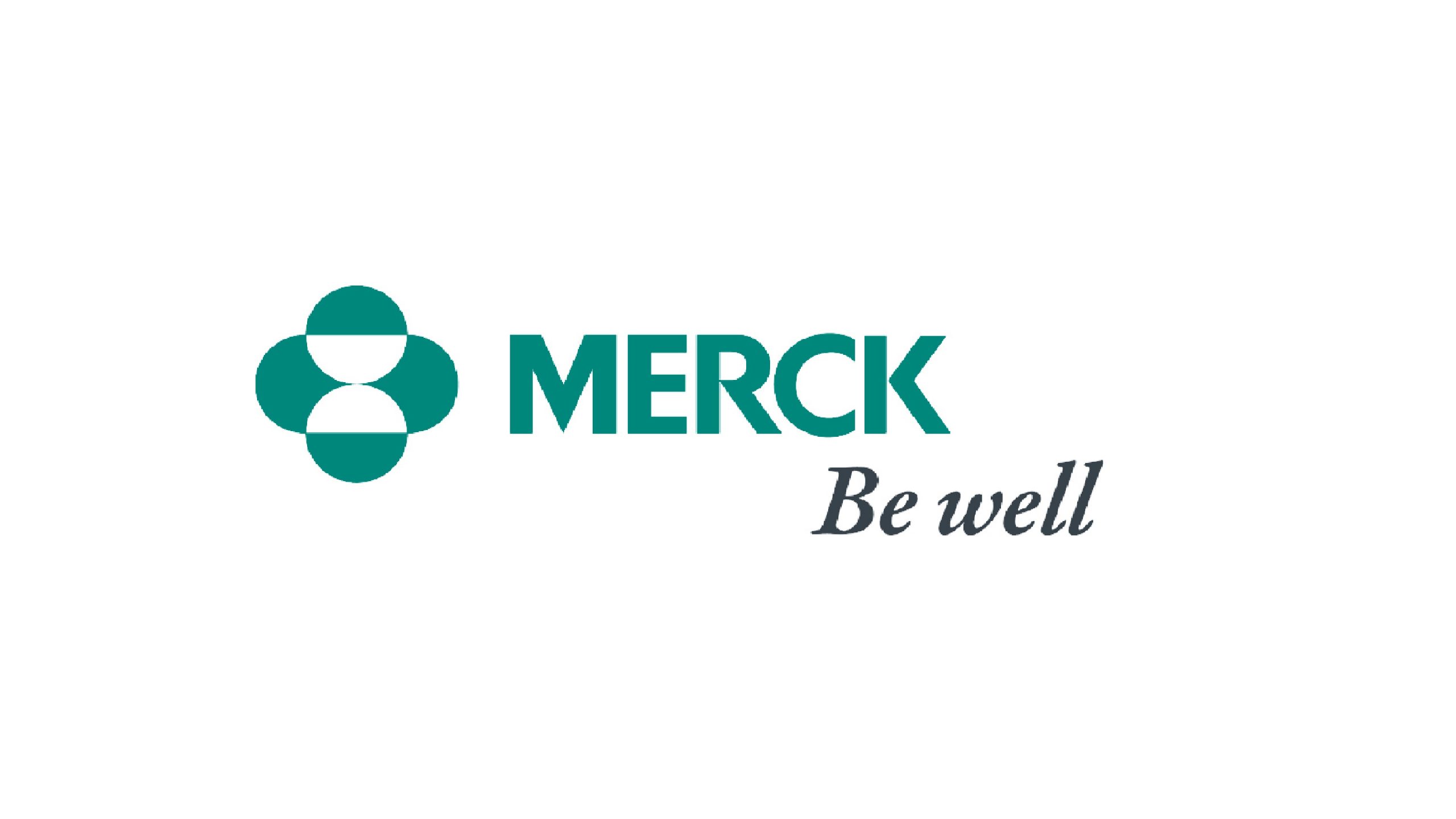FDA approves Merck drug to prevent post-transplant infections

The FDA has approved a new Merck & Co drug to prevent infections in patients who have had stem cell transplants.
Cytomegalovirus (CMV) infection can cause major complications after stem cell transplants, and while there are already antiviral treatments available, they have shortcomings.
Merck has therefore developed Prevymis (letermovir) to give another option, approved as a daily tablet or injection.
The drug is expected to be available from next month, at a list price of $195 per day for the tablet and $270 per day for the injection.
Recommended dose is once a day for 100 days after transplant, giving a price per course of $19,500 for the tablet and $27,000 for the injection.
In the pivotal phase 3 clinical trial supporting approval, significantly fewer patients developed infection, discontinued treatment or had missing data in the Prevymis group (38%, n=122/325) compared to the placebo group (61%, n=103/170).
The incidence of bone marrow suppression in the Prevymis group was comparable to the placebo group.
Ganciclovir is the first line preventive treatment and has been shown to reduce risk of CMV infection – but low white blood cell count occurs in up to 30% of patients during therapy, increasing the risk of bacterial and fungal infections.
Merck & Co has had a difficult few weeks, after it pulled a European filing for its key cancer immunotherapy Keytruda (pembrolizumab) in first-line lung cancer in combination with chemotherapy.
The decision prevents the drug’s use in a wider population of lung cancer patients – as monotherapy it is only indicated for non-small cell lung cancer (NSCLC) patients with a certain combination of genetic mutations – high PD-L1 expression with no EGFR or ALK-positive tumour mutations.
But combining it with pemetrexed or carboplatin chemotherapy allows for a much wider use in NSCLC – and more sales for Merck.
Even though the FDA has already approved Keytruda in this use, the Europe’s CHMP regulatory committee had reservations about the data provided so far, spooking investors.
Keytruda is very much the highlight of Merck & Co’s drug portfolio, and its main sales hope – so the concerns about its approvability in this vital indication caused shares to fall sharply towards the end of October.












